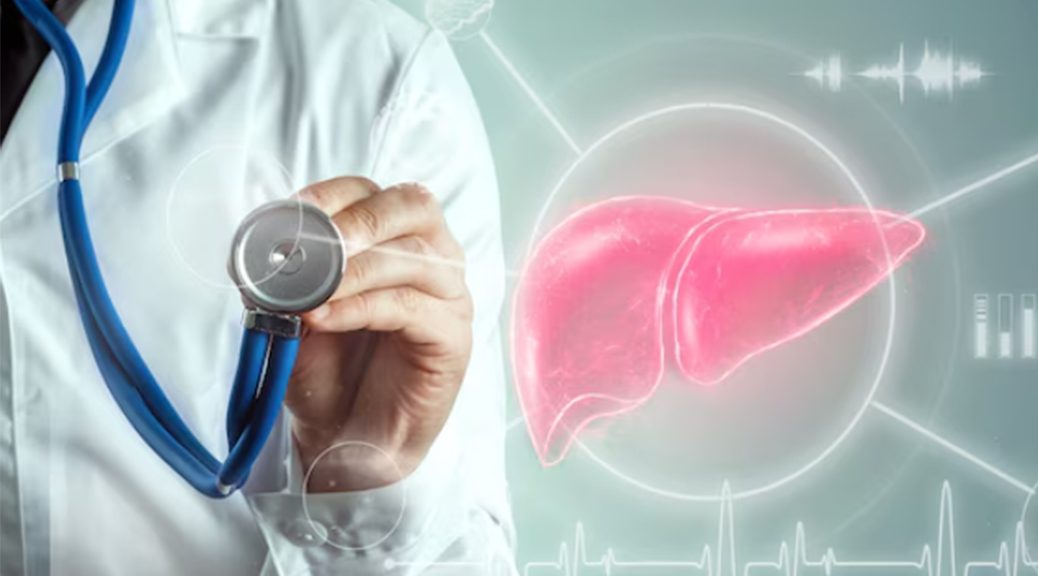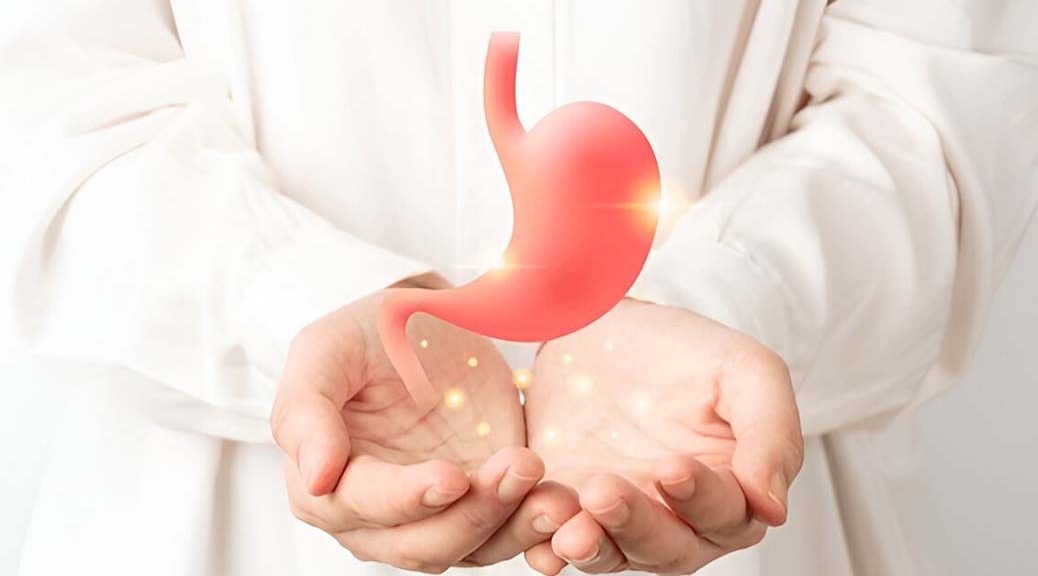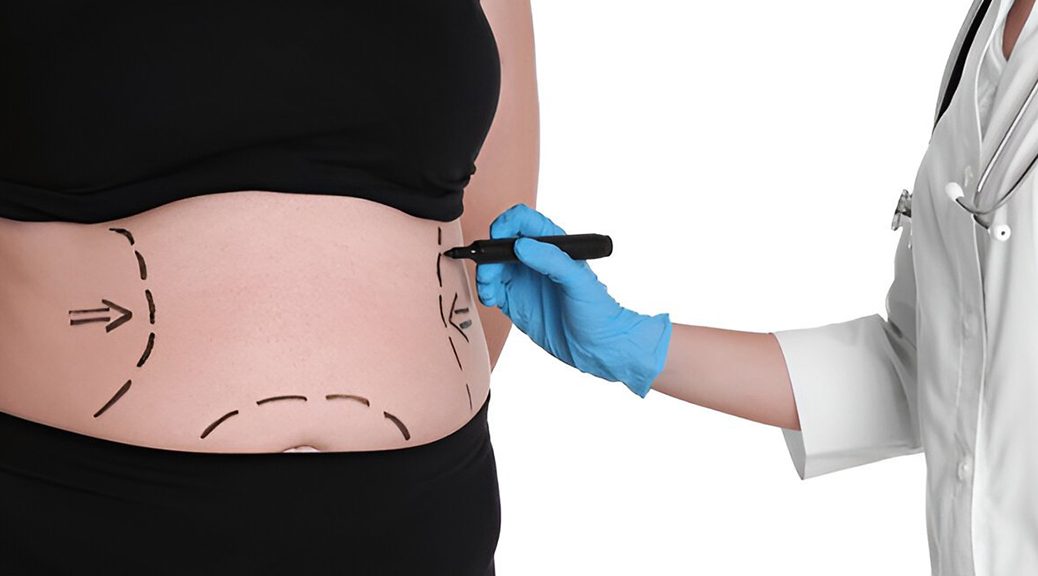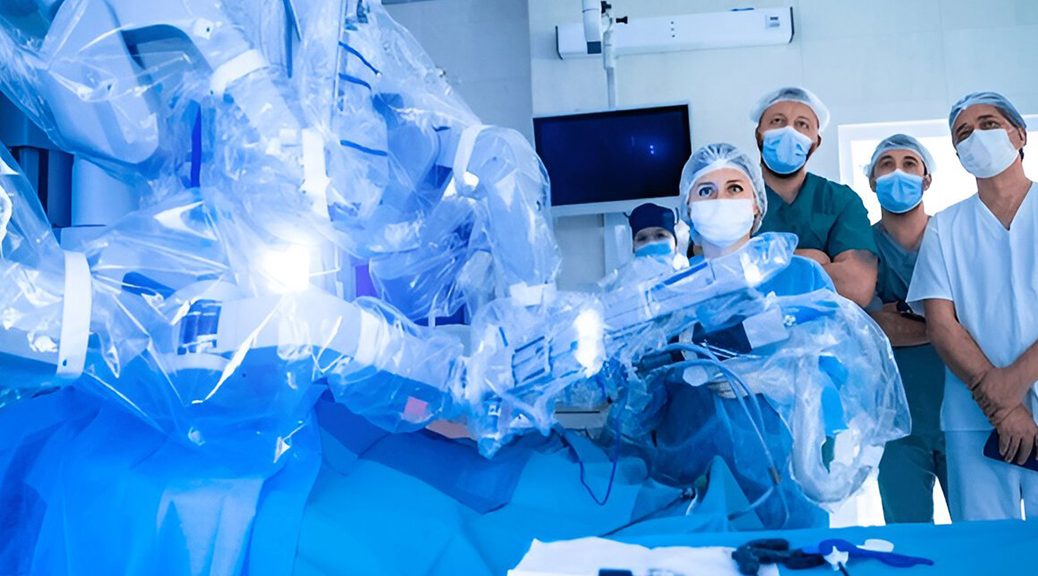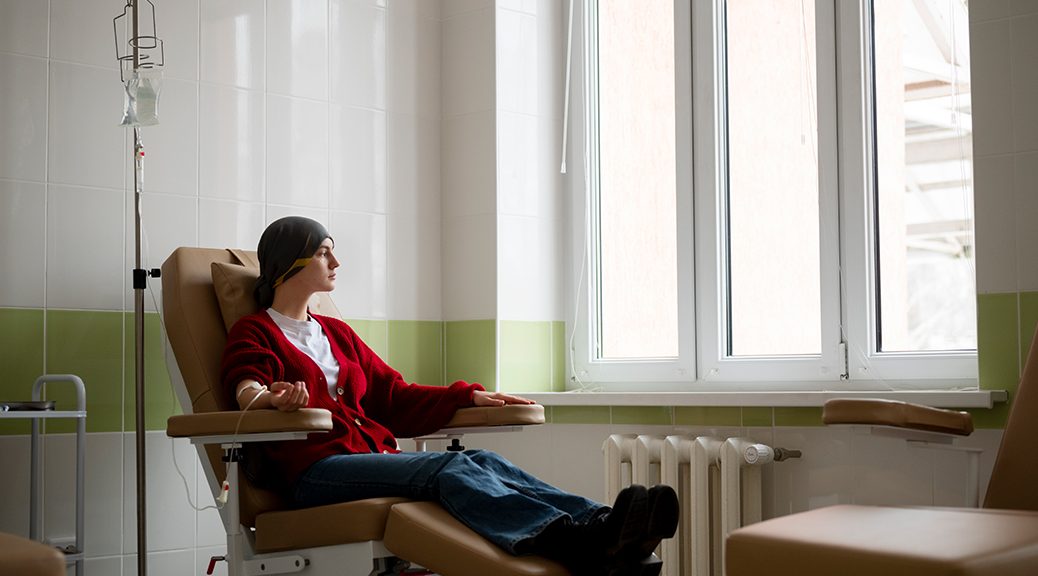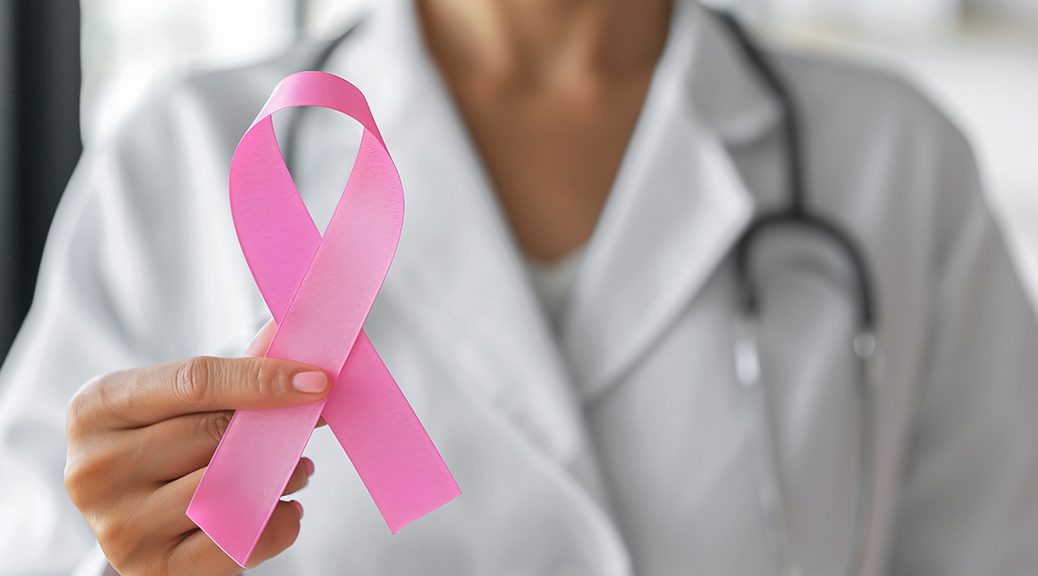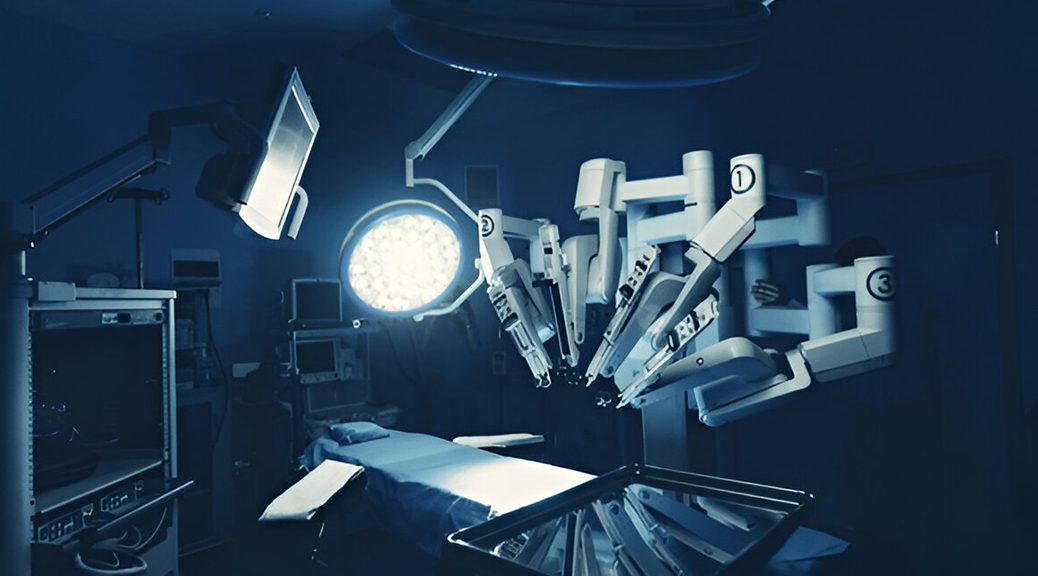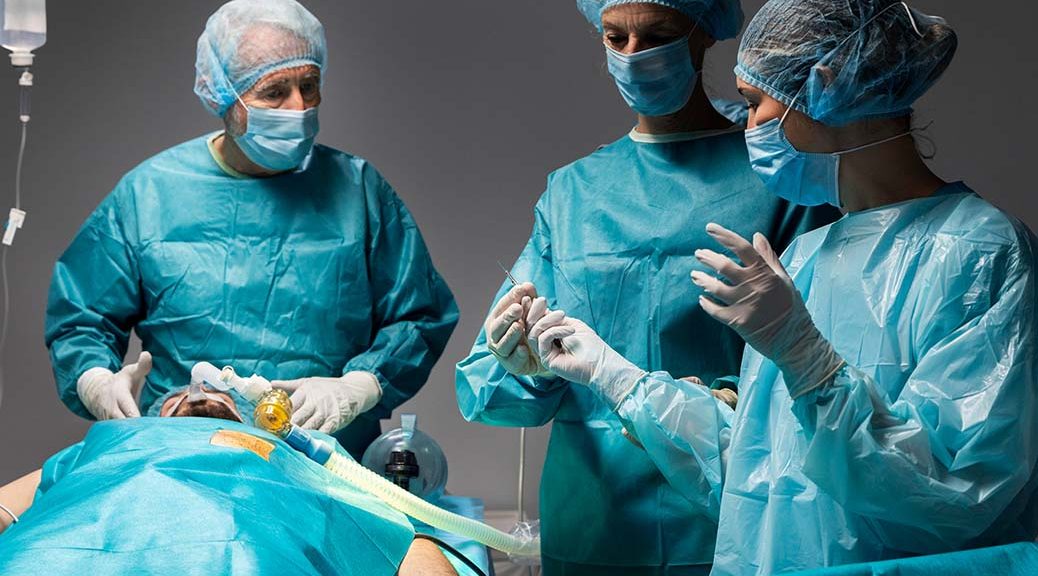Chemotherapy goes beyond treatment. It involves compassion, sympathy, and care. Our team of oncologists, nurses, and support staff delivers every session with precision and empathy. Whether you’re at the beginning of your treatment journey or halfway through, we assure you of our support.
Our chemotherapy unit is designed to meet the highest standards of safety and comfort. While receiving treatment, patients are placed in a well-equipped space with advanced infusion chairs, real-time monitoring, and strict infection control protocols. Each treatment plan is tailored to the patient’s specific needs, the type and severity of their cancer, and their current health status.
We ensure that our patients don’t feel isolated. Working closely with oncologists, our team creates a comprehensive plan tailored to the patient’s specific chemotherapy needs. Depending on the current circumstances, the process may be delivered before or after surgery.
What to expect
- Personalised treatment plans: We don’t follow generic regimens. Every plan is based on targeted therapy principles. As your body changes, so does your plan, evolving step by step to keep it effective, manageable and uniquely yours.
- Day-care chemotherapy: For most patients, treatment happens without an overnight stay. Once you arrive, the session is conducted in a clean, well-equipped infusion room, and you head home the same day. Each session follows a protocol-based care approach, ensuring safety and consistency while providing patients with the flexibility of shorter, low-stress visits.
- Monitored by experts: Every session is overseen by a multidisciplinary team. Oncologists guide treatment decisions using evidence-based medicine. Trained nurses are always available to monitor vital signs, manage side effects, and provide support when you need it most.
Beyond treatment, here’s what our team does for you:
- Symptom control: Nausea, fatigue, infections. We stay ahead of them so your treatment stays on track.
- Nutritional guidance: Our dietitians help you stay strong with food that complements your treatment.












